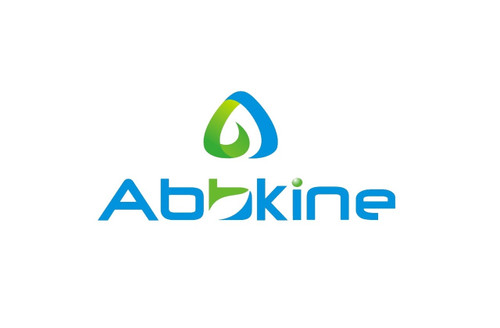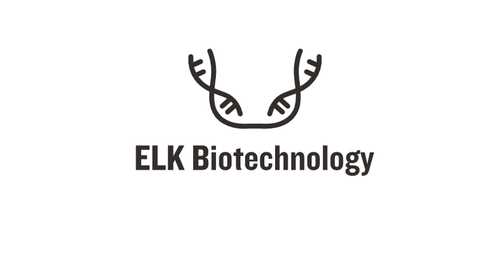Product Description
Human S-phase kinase-associated protein 2 (SKP2) ELISA Kit | AE19426HU | Abebio
Species Reactivity: Human (Homo sapiens)
Abbreviation: SKP2
Alternative Name: FBL1; FBXL1; FLB1; MGC1366; CDK2/cyclin A-associated protein p45|S-phase kinase-associated protein 2
Application: ELISA
Range: 0.156-10 ng/mL
Sensitivity: 0.061 ng/mL
Intra-Assay: ≤7.1%
Inter-Assay: ≤10.9%
Recovery: 1, 04
Sample Type: Serum, Plasma, Other biological fluids
Detection Method: Sandwich
Analysis Method : Quantitive
Test Principale: This assay employs a two-site sandwich ELISA to quantitate SKP2 in samples. An antibody specific for SKP2 has been pre-coated onto a microplate. Standards and samples are pipetted into the wells and anySKP2 present is bound by the immobilized antibody. After removing any unbound substances, a biotin-conjugated antibody specific for SKP2 is added to the wells. After washing, Streptavidin conjugated Horseradish Peroxidase (HRP) is added to the wells. Following a wash to remove any unbound avidin-enzyme reagent, a substrate solution is added to the wells and color develops in proportion to the amount of SKP2 bound in the initial step. The color development is stopped and the intensity of the color is measured.
Product Overview: S-phase kinase-associated protein 2 is a member of the F-box protein family which is characterized by an approximately 40 amino acid motif, the F-box. The F-box proteins constitute one of the four subunits of ubiquitin protein ligase complex called SCFs (SKP1-cullin-F-box), which function in phosphorylation-dependent ubiquitination. The F-box proteins are divided into 3 classes: Fbws containing WD-40 domains, Fbls containing leucine-rich repeats, and Fbxs containing either different protein-protein interaction modules or no recognizable motifs. The protein encoded by this gene belongs to the Fbls class; in addition to an F-box, this protein contains 10 tandem leucine-rich repeats. This protein is an essential element of the cyclin A-CDK2 S-phase kinase.
Stability: The stability of ELISA kit is determined by the loss rate of activity. The loss rate of this kit is less than 5% within the expiration date under appropriate storage condition. The loss rate was determined by accelerated thermal degradation test. Keep the kit at 37°C for 4 and 7 days, and compare O.D.values of the kit kept at 37°C with that of at recommended temperature. (referring from China Biological Products Standard, which was calculated by the Arrhenius equation. For ELISA kit, 4 days storage at 37°C can be considered as 6 months at 2 - 8°C, which means 7 days at 37°C equaling 12 months at 2 - 8°C) .
 Euro
Euro
 USD
USD
 British Pound
British Pound
 NULL
NULL












